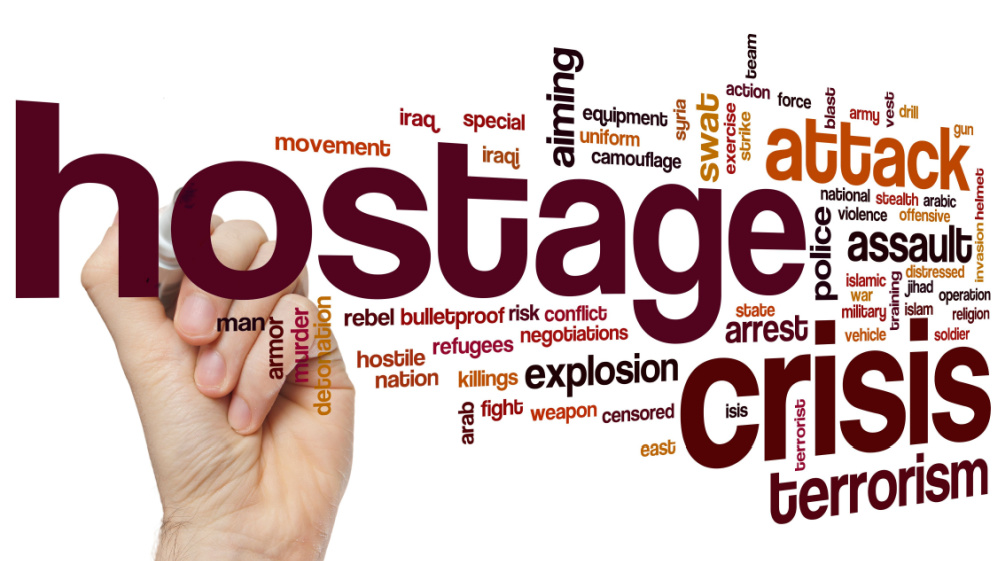Just a few short weeks ago, Fallston Group was honored to have delivered the opening keynote at the National Tactical Officer’s Association’s (NTOA) Crisis Negotiations Conference in Scottsdale, Arizona. There were more than six hundred crisis negotiators sharpening their craft to diffuse and deescalate life’s most difficult situations and save lives. Yes, these are ordinary men and women thrust into extraordinary circumstances at a moment’s notice. It’s an awesome responsibility where these chosen law enforcement strategists must play games of chess, not checkers.
In our daily lives, the traits that define successful hostage negotiators can serve as valuable guiding principles, helping us navigate challenges, communicate effectively, and build stronger connections with those around us. Don’t we need more human connection in today’s world? Let’s look at some of the key attributes needed to competently manage this high-stakes game and normal everyday life.
Communication: Mastering the art of effective communication is a universal skill that transcends crisis scenarios. Whether in personal relationships, the workplace, or community interactions, the ability to express oneself clearly and assertively fosters understanding and mutual respect. By articulating thoughts with precision, we can enhance our capacity to influence positive outcomes. Let’s not forget the most important part of the communication process is the ability to be an effective listener.
Empathy and Emotional Intelligence: In the fabric of everyday life, empathy and emotional intelligence form the foundation of meaningful connections. Understanding the emotions of others allows us to build stronger relationships and navigate conflicts with compassion. In family dynamics, friendships, and professional settings, the ability to empathize fosters a sense of unity and cooperation. Empathy is also the single attribute that sets the best leaders in the world apart from others.
Adaptability and Flexibility: Life is inherently dynamic, and the ability to adapt and be flexible is paramount. Whether facing unexpected challenges at work, adjusting to changes in personal circumstances, or navigating shifting priorities, embracing adaptability ensures resilience and the capacity to thrive in the face of uncertainty. I had an old sergeant once tell me, ‘The only thing in life that’s constant is change. As soon as you realize this, you’ll be better off.’ I think he noticed my inflexibility at such a young age!
Patience and Resilience: Every journey comes with its share of setbacks and obstacles. Patience and resilience equip us to endure hardships, learn from experiences, and persevere in the pursuit of our goals. These traits are invaluable in maintaining composure during challenging times and bouncing back with newfound strength. Yes, it is hard to wait and be patient in today’s ‘hurry-up’ world, but time is often the most important asset you have on your side.
Strategic Thinking and Decision-Making: Strategic thinking isn’t limited to boardrooms and crisis situations; it’s a skill that enhances decision-making in all aspects of life. Whether planning personal goals, managing time effectively, or addressing complex issues, strategic thinking guides us in making informed choices that align with our long-term objectives. Research shows that people would rather follow someone who makes a wrong decision than no decision. It’s imperative to create your own future by making decisions, realizing that not all of them will be right. That’s okay; it’s how we learn and become better tomorrow than we were today.
The traits of successful hostage negotiators are not confined to high-stakes scenarios. They are principles that, when integrated into our daily lives, empower us to communicate effectively, build meaningful connections, navigate challenges with grace, and make strategic decisions that contribute to our overall well-being and success. By embracing these traits, we cultivate a mindset that not only enriches our individual experiences but also positively impacts the world around us.

